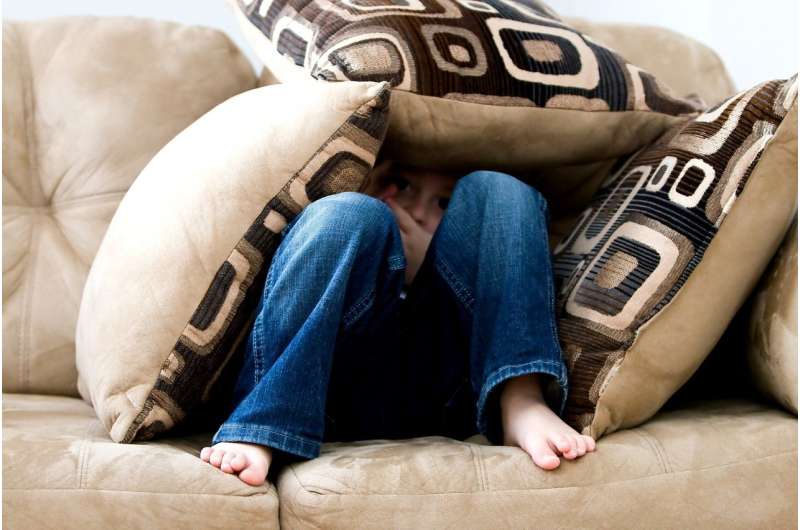Circadian Preferences Linked to Impulsivity in Teenagers

A new study reveals that adolescents who prefer to sleep late, known as 'night owls,' tend to exhibit higher impulsivity levels, emphasizing the role of sleep preferences in adolescent mental health and behavior.
Recent research to be presented at the SLEEP 2025 annual meeting reveals that adolescents with a tendency to sleep and wake later, commonly known as "night owls," tend to exhibit higher levels of impulsivity compared to their peers who prefer earlier sleep and wake times, or "morning larks." The study found that self-perception as a night owl correlates with increased negative urgency and a lack of perseverance—key facets of impulsivity—which manifest as acting impulsively when experiencing negative emotions and giving up on challenging tasks. Interestingly, the study did not find a significant relationship between actual measured circadian phase, based on biological markers such as dim light melatonin onset, and impulsivity, indicating that psychological and behavioral factors might influence these traits more than biological timing alone.
Lead researcher Riya Mirchandaney, a doctoral candidate in clinical-health psychology at the University of Pittsburgh, noted that the absence of a link between biological circadian markers and impulsivity suggests that subjective sleep preferences may play a more prominent role. She emphasized that these findings could guide future strategies aimed at reducing impulsivity-related risks, such as substance abuse, by using chronotherapeutic approaches to shift sleep timing earlier.
The study involved 210 adolescents, averaging 17 years of age, with a slight majority being female. Participants completed self-report questionnaires on impulsivity and circadian preference, alongside laboratory measures of biological circadian phase through saliva samples. During a week-long protocol, they also wore wrist actigraphs to monitor sleep patterns and completed impulsivity assessments at bedtime.
The insights from this research highlight the importance of psychological factors in adolescent impulsivity and suggest potential avenues for early intervention. By addressing sleep timing and circadian preferences, it may be possible to mitigate impulsivity and its associated risks, such as substance use. The study underscores the complexity of biological and psychological interactions during adolescence and opens pathways for personalized sleep and behavioral therapies.
Supported by grants from the National Institute on Drug Abuse and the National Institute on Alcohol Abuse and Alcoholism, these findings underscore the significance of sleep and circadian rhythms in adolescent mental health. The full research abstract can be accessed in the Sleep journal's online supplement (2025).
Stay Updated with Mia's Feed
Get the latest health & wellness insights delivered straight to your inbox.
Related Articles
Childhood Emotional Abuse May Damage Trust in Your Body
A new study reveals that childhood emotional abuse and neglect are linked to reduced trust in one's own body signals, emphasizing the importance of emotional support in child development.
Understanding How the Brain Uses Different Reasoning Strategies for Complex Tasks
Discover how the human brain employs hierarchical and counterfactual reasoning strategies to navigate complex mental tasks efficiently, revealing the adaptive nature of human cognition under cognitive constraints.
Reevaluating Boredom: Scientific Insights into Its Potential Benefits
Scientific research highlights the positive aspects of boredom, revealing its role in enhancing creativity, emotional regulation, and nervous system reset. Embrace moments of inactivity for better mental health.



